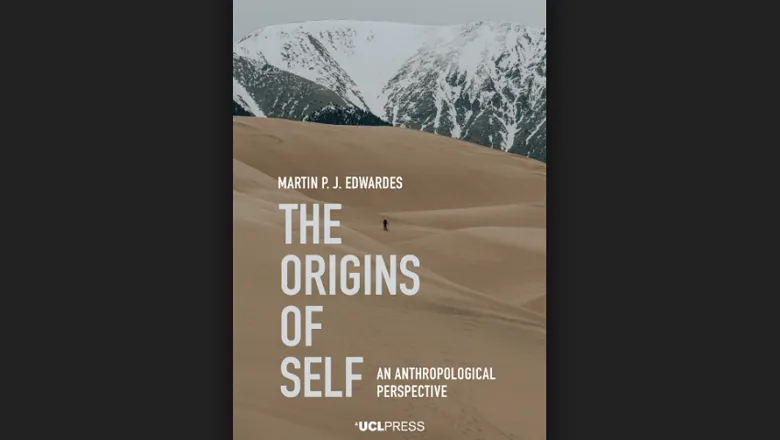09 August 2019
The Origins of Self
School of Education, Communication and Society
In his new book, The Origins of Self: An Anthropological Perspective, King’s visiting lecturer Martin Edwardes explores the role that selfhood plays in defining human society, and each human individual in that society.

In his new book, The Origins of Self: An Anthropological Perspective, King’s visiting lecturer Martin Edwardes explores the role that selfhood plays in defining human society, and each human individual in that society.
Published in May 2019, this work considers the genetic and cultural origins of self, the role that self plays in socialisation and language, and the types of self we generate in our individual journeys to and through adulthood.
Edwardes argues that other awareness is a relatively early evolutionary development, present throughout the primate clade and perhaps beyond, but self-awareness is a product of the sharing of social models, something only humans appear to do. The self of which we are aware is not something innate within us, it is a model of our self produced as a response to the models of us offered by other people.
Edwardes proposes that human construction of selfhood involves seven different types of self. All but one of them are internally generated models, and the only non-model, the actual self, is completely hidden from conscious awareness. We rely on others to tell us about our self, and even to let us know we are a self.
Of his latest book Edwardes says:
“Writing it enabled me to codify and clarify my theory of grammar and selfhood origins, and to bring together the threads I have been following for the past ten years.”
Developed in relation to a range of subject areas – linguistics, anthropology, genomics and cognition, as well as socio-cultural theory – The Origins of Self is of particular interest to students and researchers studying the origins of language, human origins in general, and the cognitive differences between human and other animal psychologies.
The book is available to download for free from UCL Press.
To read more about Martin’s research interests, visit his profile.

